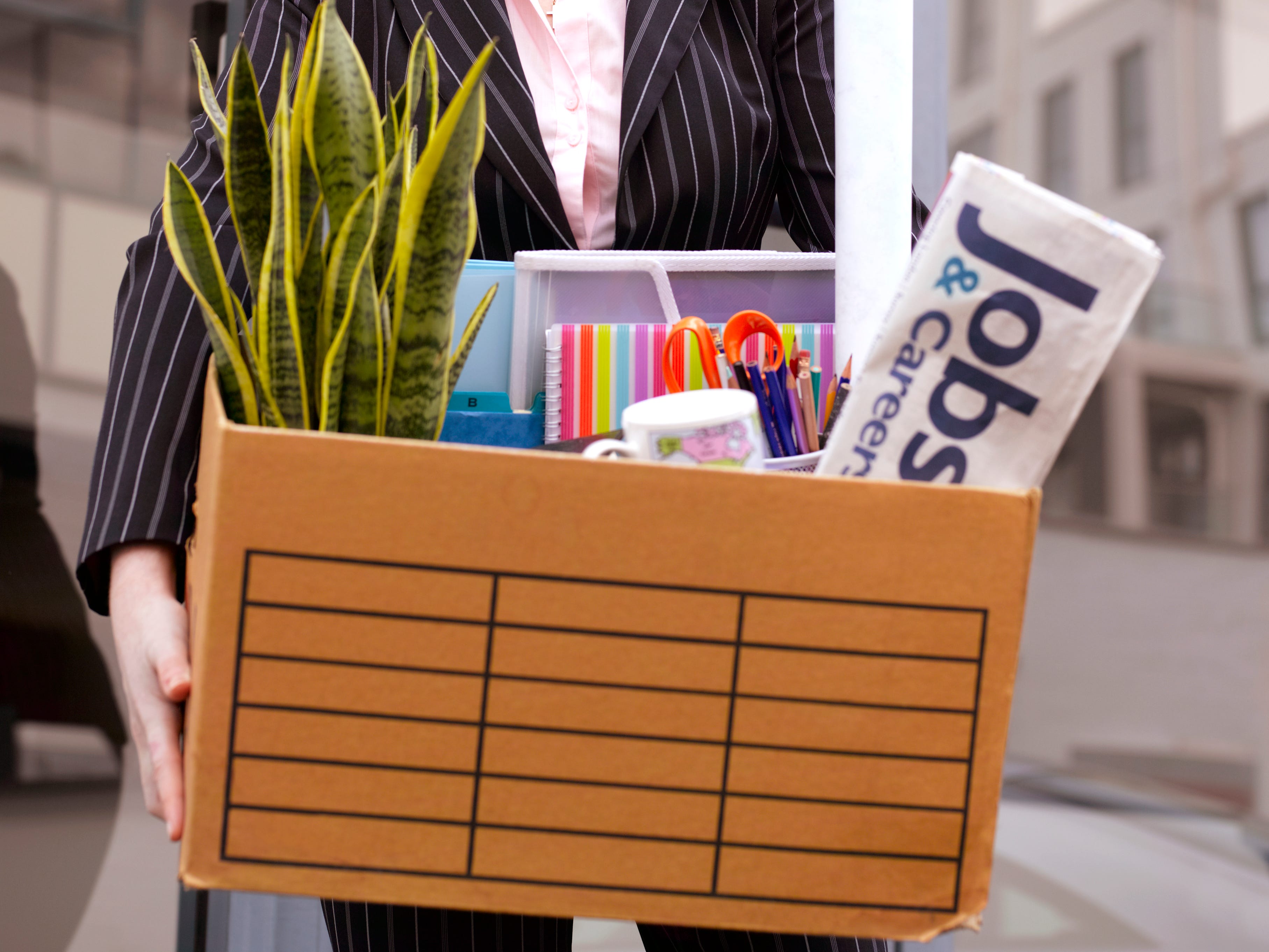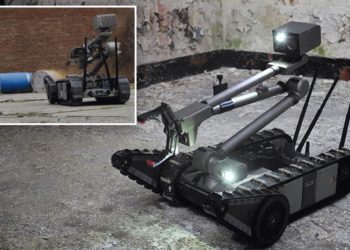
Peter Dazeley/Getty Images
The once-hypothetical cuts are coming, whether employees are ready or not.
On Tuesday, Amazon’s CEO, Andy Jassy, confirmed the fears of many workers in the age of artificial intelligence: He said he expects the technology will lead to job cuts at the tech giant.
In his memo, which was posted online, Jassy did not announce immediate layoffs. He said that, in the next few years, “efficiency gains” from AI would translate to a smaller corporate workforce.
Marlo Lyons, a certified executive coach, told Business Insider that jobs will inevitably change — including outright disappearances. “So is your job at risk? Absolutely. If you don’t get on board with AI, yes, absolutely, you’re going to lose your job.”
Amazon is now one of the largest companies to explicitly state that AI will impact its employees’ jobs.
It’s not all outright layoffs — at least not yet
BI previously reported that roles that include tasks that AI can perform are disappearing from job boards faster than positions that have fewer tasks that AI can accomplish.
Shopify’s CEO said in April that, before hiring anyone new, employees must prove AI can’t do the job better. Duolingo plans to phase out contractors and replace them with AI. And Salesforce’s CEO, Marc Benioff, has said that the company might not hire engineers in 2025 because those already on the payroll are getting so much more done thanks to AI tools.
The industry you’re in matters. Office workers appear to be particularly at risk. In late May, Anthropic’s CEO, Dario Amodei, suggested AI could wipe out half of all entry-level white-collar jobs. Klarna’s CEO, Sebastian Siemiatkowski, said earlier this month that he expects the impact of AI on white-collar jobs to be so significant that it will lead to a recession.
Christian Schneider, the CEO of New York-based startup fileAI, told BI that he’s already seeing job losses in corners of the tech industry, and he expects AI to exacerbate the trend.
“I’m totally expecting a tightening,” he said. “I think when we look into tech layoffs, it’s so apparent that something is changing.”
Melissa Swift, the founder and CEO of work consultancy Anthrome Insight, told BI that productivity hasn’t always increased to the same degree as tech advances. It often “ticks up slowly, like a kiddie roller coaster going up the first big hill.”
Those who aren’t keeping up risk being left behind. And refusing to acknowledge the risk doesn’t make it go away, Lyons said.
“So if you’re redesigning the workplace, and how things are getting done — whether it’s a workflow or structures of teams, or the same thing with AI — you can hold on with white knuckles, but it’s still going to happen around you,” Lyons said.
Of course, not all the jobs affected by advancements in AI will mean the workers filling them will be laid off. Jassy acknowledged in his statement that Amazon will “need fewer people doing some of the jobs that are being done today, and more people doing other types of jobs.”
Schneider said some jobs will change so that typical back-office, rote tasks will fall to AI and allow more workers to take on people-facing roles. Or, officegoers once responsible for pulling and preparing data might now move to the end of the process to, for example, check the quality of the results AI produces.
While some jobs will disappear and others will evolve, Schneider said, workers are often good at adapting.
“Honestly, I wouldn’t want to underestimate people’s drive,” he said.
The post Employees were already freaked out about AI — Amazon just proved them right appeared first on Business Insider.




